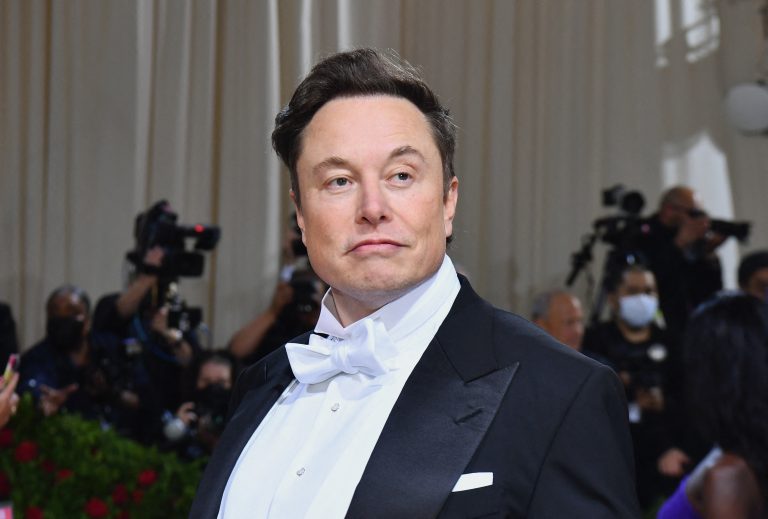On Nov. 30, Elon Musk announced an update on his brain computer interface project by his company Neuralink, and said he is planning on having one implanted in himself.
Behind his ambitious aspirations, however, a disturbing report emerged regarding supposed ill treatment of animals as test subjects.
Brain chip updates
At a “show and tell” recruitment event, Musk gave updates on the wireless brain chip being developed by Neuralink, warning that the technology requires the utmost caution when implementing it.
“We want to be extremely careful and certain that it will work well before putting a device into a human,” Musk said.
“The progress at first, particularly as it applies to humans, will seem perhaps agonizingly slow, but we are doing all of the things to bring it to scale in parallel,” he added. “So, in theory, progress should be exponential.”
Success
You are now signed up for our newsletter
Success
Check your email to complete sign up
According to Neuralink, the chips are designed to restore one’s vision, even if one were born blind. Another function aims to restore “full body functionality” for those suffering from severed spinal cords.
“We’re confident there are no physical limitations to restoring full body functionality,” Musk claimed.
Musk also mentioned that he would also like to get a chip for himself.
“You could have a Neuralink device implanted right now and you wouldn’t even know, I mean, hypothetically… In fact, in one of these demos, I will,” he said.
Neuralink, founded in 2016 by Musk and several scientists and engineers, aims to create brain-computer interfaces (BCI) that link the human brain to computers that detect and identify neural signals.
READ MORE:
- Musk Says Apple Mostly Stopped Advertising on Twitter
- Musk Promises to Release ‘The Twitter Files’ Concerning Free Speech Suppression on the Platform
- Musk’s Twitter Keeps Adding New Users Amid Delay in Revamped ‘Blue Check’ System
Questionable experimentation
At the moment, Musk is seeking approval from the Food and Drug Administration (FDA) to release the device to the public. He expects to begin testing the device on humans in six months.
“Neuralink is a company [that] doesn’t have to answer to shareholders,” Xing Chen, assistant professor in the Department of Ophthalmology at the University of Pittsburgh School of Medicine, told CNBC.
“I don’t know how much oversight is involved, but I think it’s very important for the public to always keep in mind that before anything has been approved by the FDA, or any governmental regulatory body, all claims need to be very, very skeptically examined.”
In the meantime, Musk reportedly had to rely on using animals to test the device. Last year, he showed footage of a monkey playing “telepathic video games” after a chip was inserted in its brain.
This has led to criticism of Neuralink for its alleged ill treatment of monkeys. The Physician’s Committee for Responsible Medicine pressured Musk to release details on the experiments done on monkeys, saying that they caused severe or even fatal damage to the animals.
The reports have become so critical that Neuralink has been placed under federal investigation for alleged animal-welfare violations and the rushed development of the device causing unnecessary pain and death.
Anna Wexler, assistant professor of medical ethics and health policy at the Perelman School of Medicine at the University of Pennsylvania, shared her concerns that the implanting of the chip could cause damage during surgery
Chen said that the procedure would be “very invasive,” and potentially harmful to the brain. However, she thinks it won’t stop some from trying.
















